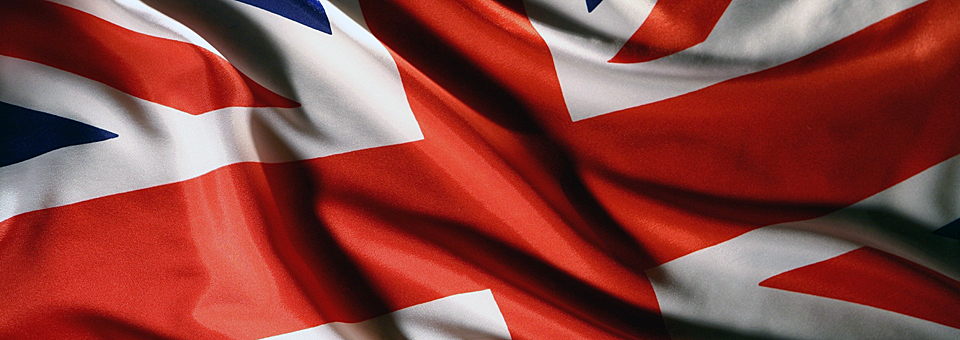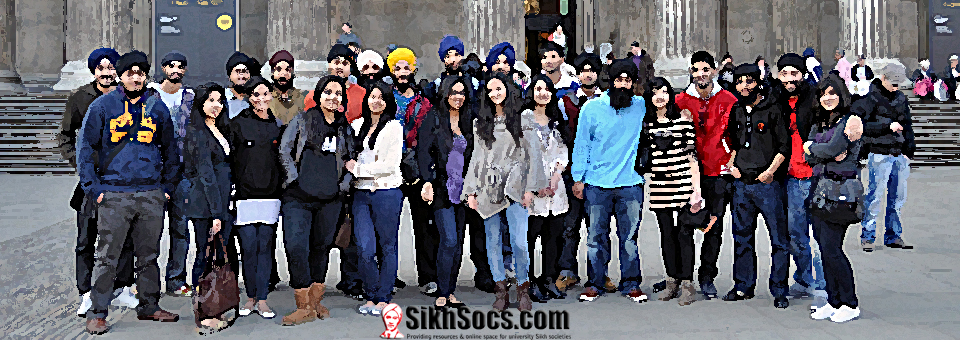I’ve never been a great fan of cricket. My limited exposure to the sport came through school PE lessons as well as the best friend I’ve ever had who is an avid player of the game. There was nothing specific that I disliked about cricket, I just didn’t take to it. So when occasions like yesterday’s Champions Trophy Final come along – where India defeated England at Edgbaston – I tend not to take too much notice. But that is becoming increasingly difficult as those who do follow the sport take to social media to express their joy and sorrow, often in real-time. I tend to scroll past regardless as I do with other events or happenings that don’t take my fancy, but over the weekend I sat up and took notice as this particular cricket final brought into question ideas of nationality, identity and statehood amongst immigrant communities in the UK.
Whether the children of migrants to the UK should support the country of their birth in sporting events has long been a talking point. Many of those commenting on twitter and facebook about the match are too young to recall the ‘Tebbit test’ when Conservative politician Norman Tebbit (now Lord Tebbit) controversially suggested that immigrants in the UK who followed the nation of their familial origins over the English national cricket team, were not sufficiently integrated into the country. It was a bold statement at the time and one that has oversimplified the issue in the decades since.
The debate is far from black and white as the plethora of social media comments proved this weekend. To set the scene, there were large numbers of people born and raised in this country who were supporting India in the final, just as those of Pakistani and Sri Lankan origin had been supporting those respective national teams in earlier rounds. During yesterdays final, some asked as to why these people were supporting India and not the place of their birth, England. In response, I saw many people who are of Indian origin ask how other ‘Indians’ could be supporting England – even though their only link to India was ancestral.
There is no ‘right’ answer as to who you should support; these are personal choices made about what is after all a recreational activity, albeit on an international and professional stage. But it is foolish to pretend that there are no political connotations to the choice that one makes, even if you do so out of ignorance. International sport is an opportunity to display national pride, showcase physical and mental superiority and to rally citizens behind a common cause. When you make a choice to support a national team that is not the State of your birth or permanent residence, you are saying something about your own identity and how you perceive your Statehood. I have no animosity whatsoever towards those English-born people who supported India at yesterdays final, quite to the contrary actually, I share their sentiments, if not their conclusions.
I have always made a point of clearly stating that I am a proud Englishman; even throughout my sixth form school days when a group of white male peers would eagerly look out for me in the common room lounge every so often to tell me that I was not ‘as English as they were’. The very first football kit I owned was a replica England strip and unlike many of my South Asian friends, I have never opted to support the traditionally-followed football teams amongst Asians at the FIFA World Cup: Brazil, Argentina, Holland etc. England is where I was born, where I live and my home. But it is also my only option. The Punjab has not been an independent State since it was annexed by the British 164 years ago, but it remained a recognised territory in its own right up until 1947. In the chaotic years preceding partition it was invariably proposed to act as a buffer State between the impending new nations of India and Pakistan. Referred to as ‘Azaad Punjab’ by the Akalis who had fought so valiantly to remove the British from power, it was at least on the face of it supported in some British circles. But it wasn’t to be.
When my grandfather came to England, he did so after trying to make a life for himself in the newly created India without success. He had graduated with a Bachelor of Arts degree in Law as a Punjabi citizen of the British Empire before becoming Indian overnight. Unsurprisingly he was overjoyed at his new-found citizenship and glad to see freedom potentially return to his life. But like so many others, in the years that followed he found that there had merely been a change in slave-masters and that freedom was not only still missing, but looked like it was diminishing out of reach altogether. Overlooked for promotion time after time and belittled for his desire to work in the Punjabi language, he took the decision to come to the United Kingdom. It was meant to be a temporary journey, to earn money and work in an environment befitting of his ability, but it became a permanent move and one that ultimately led to my birth and residence here.
This country welcomed my family and has given me the respect that a State should give to its citizens. I have freedoms and opportunities here that my relatives in Punjab have not been so fortunate to experience and moreover this country has helped to shape me into the man I have become. Being English is not something I have to try to be, it is who I am. There is no question in my mind that when England takes to a field of play where my support lies. Perhaps if Punjab was a nation State I might not feel as comfortable; perhaps if my feelings of belonging were linked to a united Punjab much in the way of those who supported India in yesterdays final, I might reconsider my identity. But I don’t have that option and so do not entertain the idea. Others who originated from South Asian countries like India do have that option and many of them opt to affiliate with the country of their familial origins even if they know that it is not where their future lies. Perhaps Lord Tebbit was right and they are not yet fully integrated into this country. But I think it is more likely that they are, so much so that they are afraid of forgetting where it was that they came from… which is something that I don’t want to do either, even if the country my family came from does not exist any more.







